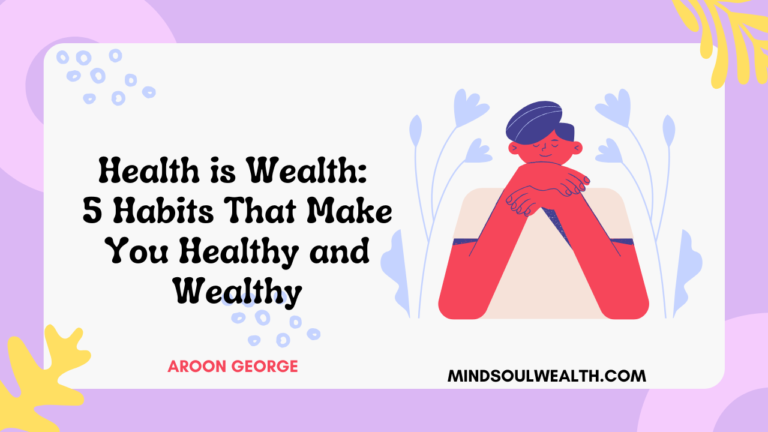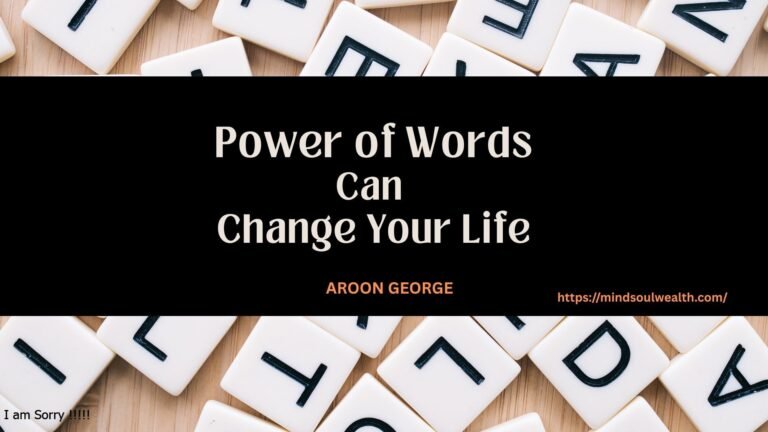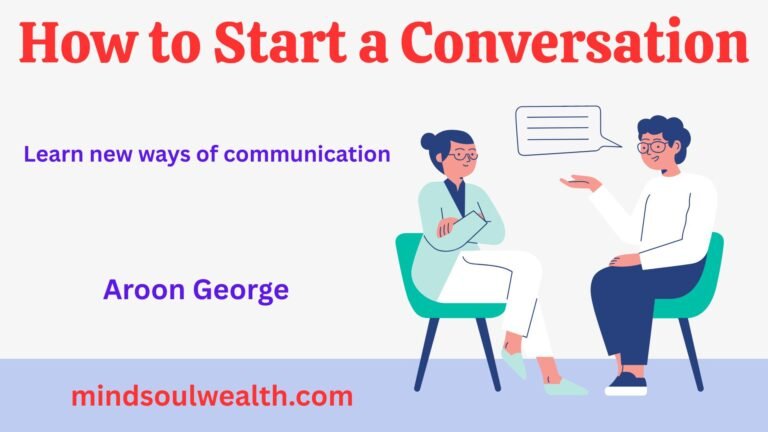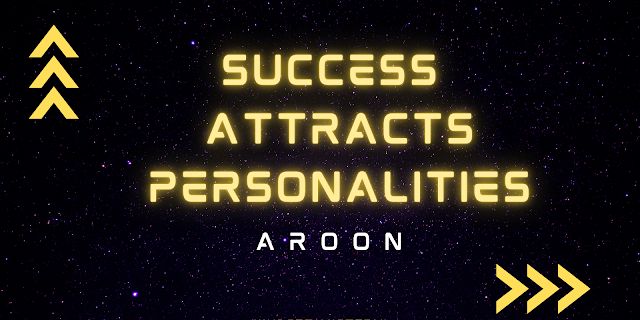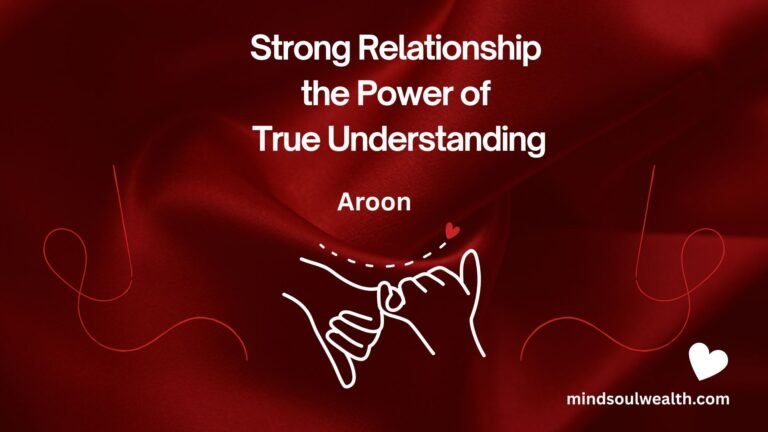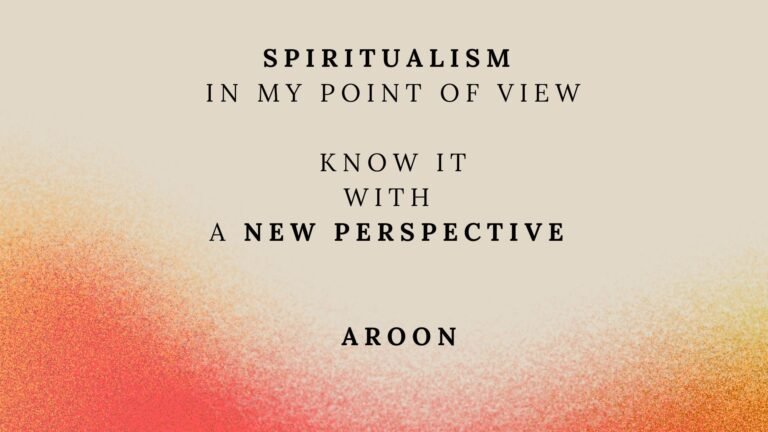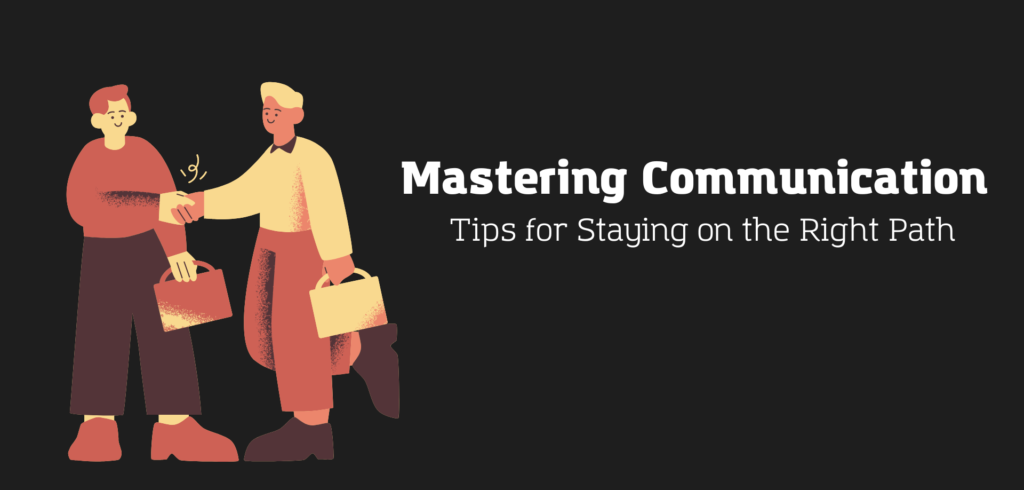
Effective communication :What is communication?
Communication is a dance of words; the term derives from Latin, meaning “to move around with.” This process is enjoyable and essential for developing and growing relationships.
Effective Communication: Three Levels of Understanding
- Relationship: “We mostly discuss these topics on social issues in our daily lives. We discuss poverty and social inequality; we want to learn how to bear worldly inflation. We often discuss issues of fairness and justice, such as poverty, racial discrimination, and gender equality. We debate government policies and elections. We discuss our strong religious beliefs. Climate change, including rising temperatures, have become part of our daily conversations. We discuss the artificial intelligence impact, social media effects, and privacy concerns in the present and future.”We discuss our family relationships including parents and children conflicts or achievements, husband and wife issues and happiness moments. We talk about what kind of siblings we have and how we manage our relationships with them. We discuss dating experiences and challenges, breakups and makeups. Life is nothing without our friends – we discuss conflicts and reconciliations in daily life, we make friends and lose them. We use social groups where we spend most of our time and become part of conversations.”
- Information: “In conversations, we share information and knowledge. Our assumptions and perceptions play a vital role in how we communicate. We like to share gossip with others.”
- Role of Action When we say words to someone, it can both express our thoughts and impress others. People can understand us and get motivation. They can bring development and growth in their life. So we should choose words that are motivating and full of life.”
Why Conversations Go Wrong
Several factors can lead to failed conversations:
- Lack of Context: For useful conversation, we need to use context otherwise it is a meaningless conversation. It is just sounds of words, we exchange sounds of words. So we must always use context in our conversations.”
- Timing: Time controls conversation. If you do not know the value of time, you will waste most of your time on worthless things. People who waste time in meaningless conversations and gossip cannot be successful.
- Sitting : For conversation, we need a calm and peaceful place. We need a proper airy place where we can share our thoughts and opinions.”
- Distraction : We need proper planning for conversation. We need to focus. Do not think about or share useless things in conversation.”
- Assumptions: Assumptions can make communication weak. Proper answers and information make a conversation better and valuable. This will bring change in life.”.
Five Ways to Improve Your Conversations
- Set Goals and Objectives: Before conversation, you need goals that will help you understand why you are having the conversation and who you are talking to. You will achieve your goals. It will help you stay focused.”
- Structure Your Mindset: Clear thinking means you will speak clearly. What we are thinking will be shown in our words. Words show our mental state and how we feel. Sometimes emotions enter our conversation. We need emotions as well as logic, but logic gives us a lot of benefits. Emotion and logic are both requirements of our conversation
- Two Stages of Thinking:
- Identify the Problem:
- In conversation we need to be able to identify the problem, we need to be able to do it. If you are in a problem it means you cannot identify others. Before any conversation we need to check ourselves, whether we are stable to identify problems. You have to increase this skill and ability.
- Solve the Problem: Solution means clarity. If you have problem you are confused but if you have clarity , means you are going to find a solution , so clarity you have to find skills how to get clarity.
- Listen Actively: Listening is as important as talking.. Pay attention to what the other person is saying to foster a deeper understanding and build rapport.
- Ask Questions: Encourage dialogue by asking open-ended questions. This helps clarify points and keeps the conversation flowing.
Non verbal conversation:
This conversation has no words. You just need to feel by other behaviors; action and reaction without say no words. You need to understand other, mostly human speaking rightly and doing wrong. Action is louder than word. Face impression, body gesture, body language can play vital role to understand non verbal conversation. Picking up on these cues is key to good communicationUse Magical Words in Conversation
- Welcome: Always greet people warmly.
- Please and Kindly: Use these words when interacting with others.
- Thank You: Always express gratitude at the end of conversations or when someone helps you.
- Sorry: Apologize when you’ve made a mistake, intentionally or unintentionally.
Kindness Plays an Important Role in Communication
Kindness opens the doors to hearts. It allows you to touch others emotionally. Approach conversations with a positive mindset and seek to understand, even when others are upset. A smile can help ease tension.
Conclusion
Effective communication is a vital skill that enhances our relationships. By understanding the dynamics of conversation, being mindful of our words and actions, and practicing kindness, we can keep conversations on the right path and foster deeper connections with others.
